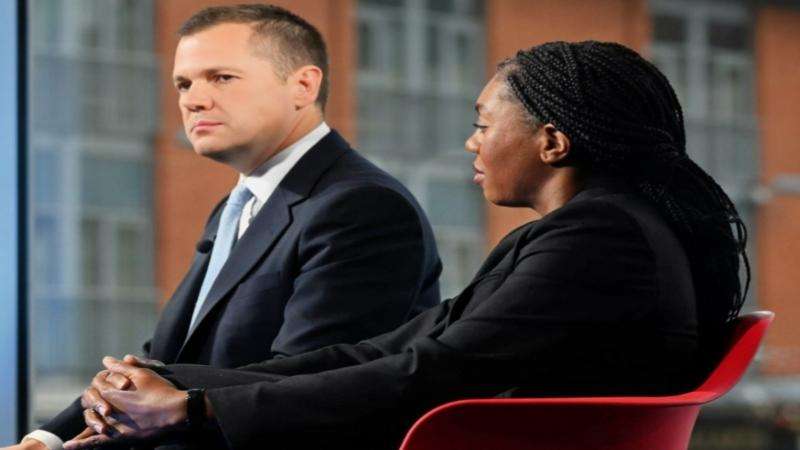In a move hailed by victims’ advocates as a long-overdue step towards justice, the UK government is escalating pressure on Pakistan, threatening to suspend visas until the country agrees to repatriate members of the notorious Rochdale grooming gang.
The announcement comes from newly appointed Home Secretary Shabana Mahmood, who, in her first major policy statement, has declared that the UK will suspend visas for countries that refuse to cooperate on the repatriation of illegal migrants and foreign criminals. This policy is a direct result of the protracted legal saga involving two of the most egregious offenders from the Rochdale scandal.
Former detective and whistleblower, Maggie Oliver, a tireless campaigner for the victims, has been at the forefront of this call for action. Oliver told GB News that the UK has been "powerless to impose the rule of law" due to Pakistan's refusal to accept the return of Qari Abdul Rauf and Adil Khan, two key ringleaders of the grooming gang. The men have exploited the UK’s legal system for years, costing millions of pounds in legal aid, all while their victims have been forced to live in the same community as their tormentors.
The Rochdale Grooming Gang and the Deportation Battle
The Rochdale grooming scandal, which came to public light with the conviction of nine men in 2012, involved the systematic sexual exploitation and abuse of vulnerable young girls, some as young as 13. The perpetrators, predominantly of Pakistani origin, groomed their victims with gifts and alcohol before subjecting them to horrific abuse.
Adil Khan and Qari Abdul Rauf, key members of this gang, were sentenced to a combined 18 years in prison for conspiracy to rape and child trafficking. Following their convictions, a judge ordered their deportation to Pakistan. However, both men, who held dual nationality, attempted to exploit a legal loophole by renouncing their Pakistani citizenship.
Read more: New Home Secretary Signals Visa Clampdown on Uncooperative Nations
In a move that has been widely condemned, they then argued in court that deporting them would render them "stateless," a claim that has been repeatedly rejected by judges. Despite losing multiple appeals, including a ruling in October 2022 that found a "very strong public interest" in their removal, they have remained in the UK because Pakistan has refused to issue the necessary travel documents.
Maggie Oliver highlighted the deeply personal and emotional toll this has taken on the victims. She recounted a story of one of Khan's victims who, years after the ordeal, "bumped into him in the local supermarket," unaware he had been released from prison. "They are making a mockery of the system," Oliver said, "I don’t care about their human rights. They forfeit their human rights when they rape multiple children, destroying children’s lives forever."
The Political and Diplomatic Fallout
Home Secretary Shabana Mahmood’s hardline stance reflects a new, more aggressive approach to immigration. While she has inherited a returns agreement with Pakistan signed in August 2022 by her predecessor, Priti Patel, the new policy goes further. It signals a willingness to use broader, punitive measures like visa sanctions to enforce repatriation. Pakistan is reportedly "nearing a decision" to take back the men after years of diplomatic wrangling, but the new UK policy could be the final lever needed to push the matter to a conclusion.
The UK's renewed focus on this case and the broader issue of foreign criminals comes at a time when migration and border security are at the top of the political agenda. This move is designed to show the government is taking decisive action to "uphold the law" and deliver justice for victims who have felt abandoned by the system for over a decade. The Home Secretary’s announcement, while a direct response to a specific case, sets a precedent for how the UK will handle all non-cooperative countries in the future.
_8.jpg)
_5.jpg)
_8.jpg)




_6.jpg)
.svg)

_3.jpg)